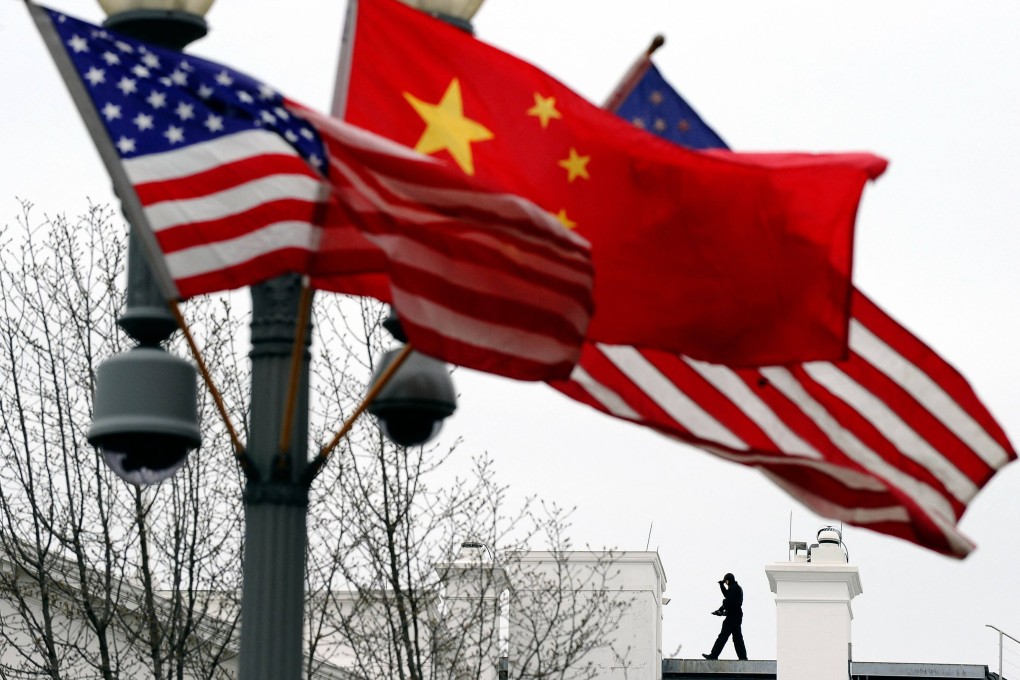Opinion | US-China conflict? Not really – with respect to freedom, both nations share a common heritage
- Those calling for the Anglosphere’s resistance to China’s rise frame the matter as zero-sum battle for liberty, but the history of the idea is more complicated
- On paper today, both countries accept equality and the people’s happiness as ideals; working towards those goals is more a matter of policy than ideology

In the new Cold War, the Anglo-American media pit freedom and democracy against the Despotic Oriental, but, as Dr Malik warned, things are not so simple: “Only by reducing liberty to notions of the ‘free market’, ‘small government’ and ‘common law’ could the idea of the Anglosphere as the principal fount of liberty be imagined.”
Malik’s survey of English history showed that the free market doesn’t always promote democratic ideals. In fact, the free market demands austerity measures, but that fuels inequality, whereas Thomas Jefferson held that government should foster equality and the people’s happiness.
Inequality in turn, invites populist movements, and those movements have now claimed the word “freedom” for themselves.
George Monbiot explained: “After left-ish political parties fell into line with corporate power, the right seized the language they had abandoned . . . Now there has been an almost perfect language swap.”

